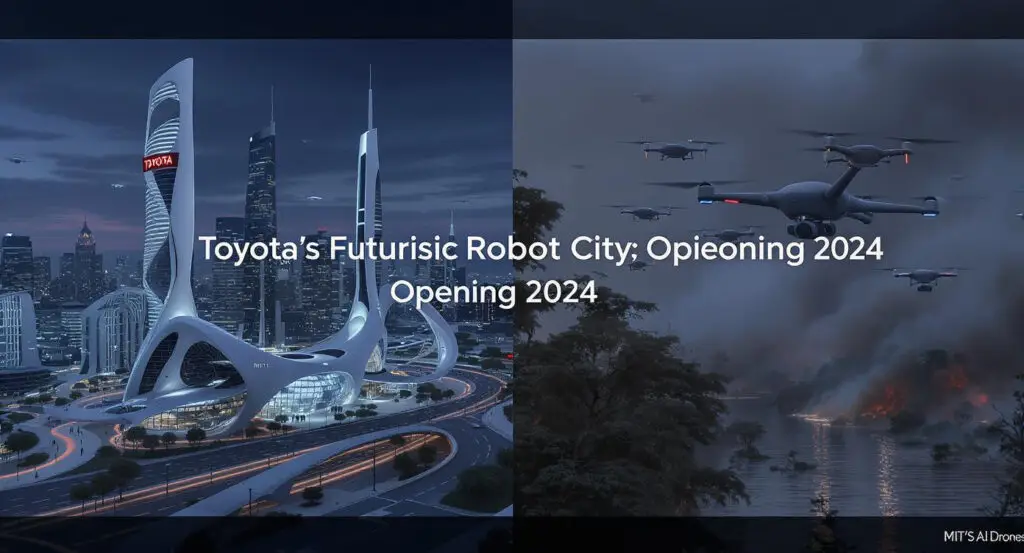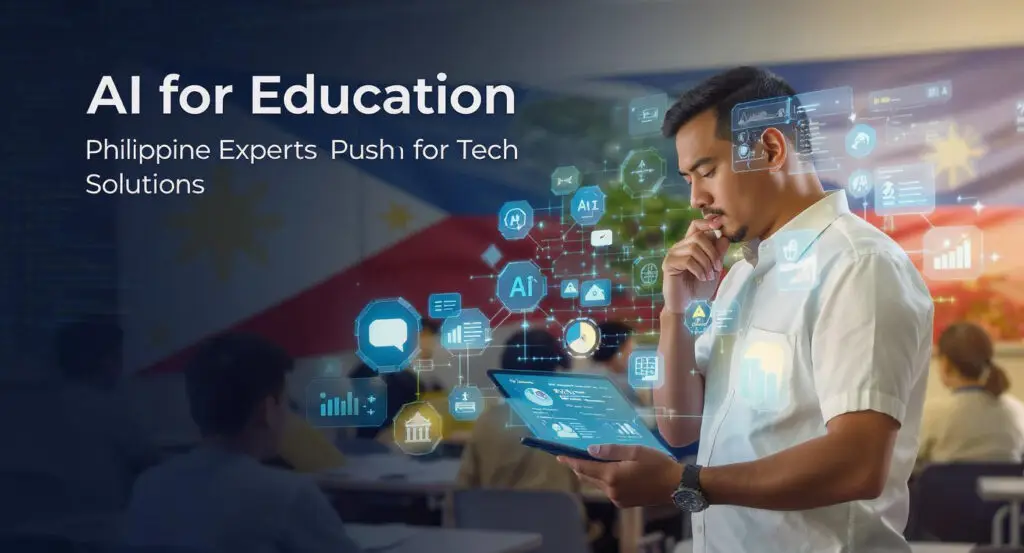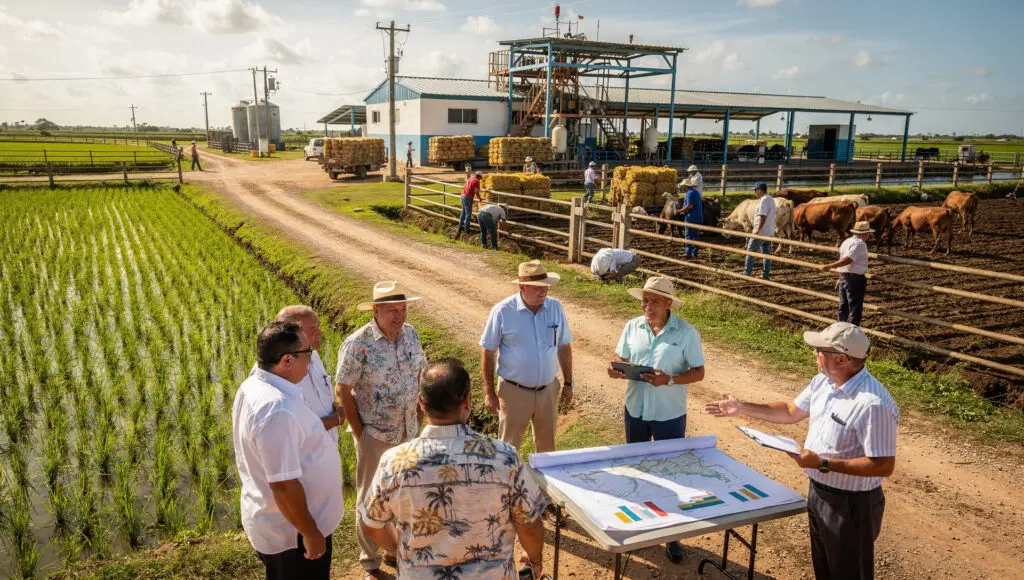Later this year, Toyota will open the gates to what it’s calling the world’s first “robot city” a bold experiment in smart urban living designed to test the limits of emerging technologies. Known as Woven City, the experimental community is located at the base of Mount Fuji, on the former site of Toyota’s Higashi-Fuji plant, and will serve as a living laboratory for new forms of mobility, infrastructure, and sustainability.
Set to welcome 100 residents by autumn 2024, mostly Toyota and Woven by Toyota (WbyT) employees and their families, the city will later expand to 360 people in Phase I. These residents will be grouped into inventors and “weavers,” those who use and give feedback on the technologies under daily living conditions.
Woven City is a blueprint for the future. The community will run on autonomous vehicles, facial recognition-based building access, and underground logistics networks. Homes will be fitted with smart tablet interfaces that control up to 100 connected devices, from lighting to appliances.
“We want to come up with better kinds of energy management systems,” said Akari Yasuda in an interview with Toyota Times. “The system we’ve built allows us to grasp how residents are using electricity in their homes right at this moment.”
A fully interconnected environment, Woven City’s roadways are designed so vehicles can communicate with traffic signals, requesting green lights in advance. If successful, the model could inspire a wave of similar urban testbeds across the globe.
MIT Develops Adaptive AI System to Steer Drones Through Chaos
In a significant leap for autonomous flight, researchers at the Massachusetts Institute of Technology have unveiled a machine learning-based control system that enables drones to adjust to unpredictable environmental conditions without the operator needing to programme for them.
The adaptive AI system learns flight dynamics using only 15 minutes of real-world data and can determine which optimisation algorithm will best allow the drone to respond to variables like wind or terrain shifts. In simulations, the drones veered off course 50% less than those using conventional controllers.
“By leveraging meta-learning, our controller can automatically make choices that will be best for quick adaptation,” said MIT professor Navid Azizan.
Beyond natural disasters like wildfires, the innovation could improve the delivery of heavy parcels even in high-wind scenarios by allowing drones to recalibrate flight paths dynamically.
Ultra-Thin ‘E-Tattoo’ Could Help Track Stress in High-Stakes Jobs
Researchers at the University of Texas have developed a forehead-mounted “e-tattoo” to monitor mental strain in real time. Made from graphite-based conductive material, the wireless and flexible device reads brain signals and could help prevent errors in roles like piloting or surgery.
The hope is to support professionals in high-pressure environments by alerting them or supervisors when cognitive fatigue may be compromising performance.
Amazon, UAE, and OpenAI Announce Ambitious Tech Projects
In other developments, Amazon is reportedly experimenting with humanoid robots to support package delivery services, according to The Guardian. The tech giant is said to be building a dedicated test site for the initiative.
Meanwhile, the United Arab Emirates is laying the foundation for a sprawling AI computing hub. The Stargate UAE project will run on 100,000 Nvidia chips across a 10-square-mile data centre scheduled to go online in 2026. At full capacity, the facility will deliver 5 gigawatts of computing power.
On the corporate front, OpenAI has confirmed its largest acquisition to date, purchasing hardware startup io for $6.4 billion. The company, founded by Jony Ive, famed former Apple designer, is keeping development plans under wraps for now.
Nintendo’s Switch 2 Breaks Records
In the consumer tech space, Nintendo’s newly launched Switch 2 console has smashed sales records, with 3.5 million units sold globally within four days of release. The upgraded model features enhanced graphics and a larger display. It follows the original Switch, which has sold 152 million units since its 2017 debut.
The Future of Tech: Smart Cities, Smarter Machines
From Toyota’s autonomous city to drones that outthink the wind, the technological frontier is expanding rapidly. These innovations reflect a broader shift towards environments where machines don’t just serve us; they learn, adapt, and co-create our daily experiences.
As society braces for challenges ranging from climate change to data overload, projects like Woven City and MIT’s adaptive AI point to a future shaped not just by invention but by intentional, human-guided innovation.























